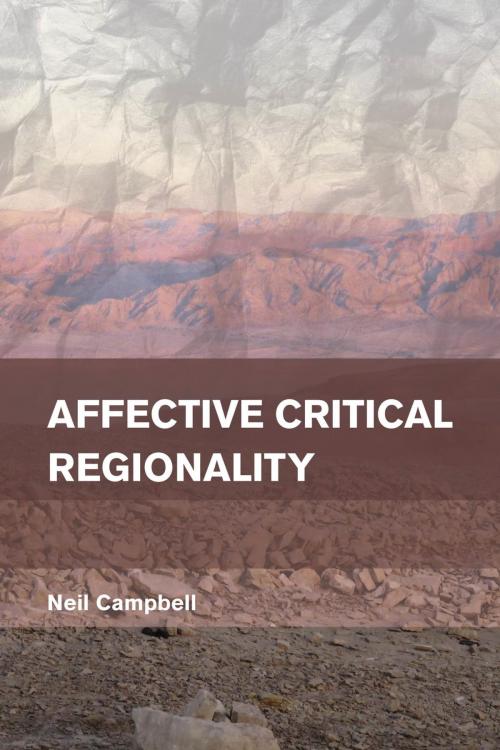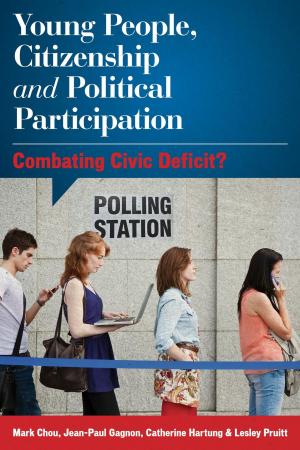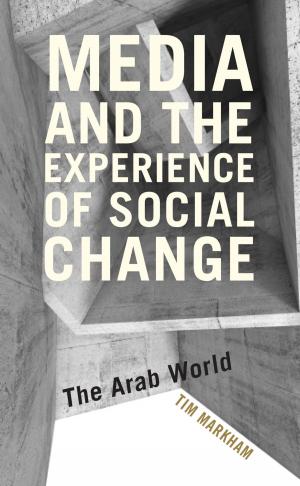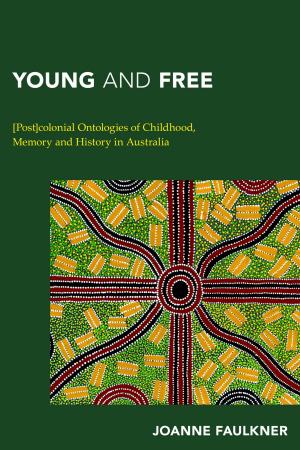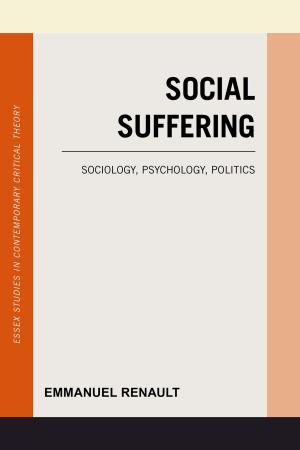Affective Critical Regionality
Nonfiction, Social & Cultural Studies, Social Science, Human Geography, Fiction & Literature, Literary Theory & Criticism, American, Theory| Author: | Neil Campbell | ISBN: | 9781783480845 |
| Publisher: | Rowman & Littlefield International | Publication: | August 17, 2016 |
| Imprint: | Rowman & Littlefield International | Language: | English |
| Author: | Neil Campbell |
| ISBN: | 9781783480845 |
| Publisher: | Rowman & Littlefield International |
| Publication: | August 17, 2016 |
| Imprint: | Rowman & Littlefield International |
| Language: | English |
Affective Critical Regionality offers a new approach to developing a sharper, more nuanced understanding of the relations between place, space, memory and affect. It builds on the author’s extensive work on the American West, where he developed the idea of ‘expanded critical regionalism’ to underline the West as multiple, dynamic and relational; engaged in global / local processes, tensions between the rooted and the routed, and increasingly as relevant to debates around the politics of precarity and vulnerability.
This book uses affective critical regionality to enable a re-valuing of the local as a powerful means to appreciate the everyday and the over-looked as vital elements within a more inclusive understanding of how we live. Exploring a variety of cultural materials including fiction, memoir, theory, poetry and film it demonstrates how this approach can deepen our understanding of, and simultaneously provoke new relations with, place. Moving beyond the US context through its use of international theoretical voices and texts, it will show how the concept is applicable to other cultural spheres.
Affective Critical Regionality offers a new approach to developing a sharper, more nuanced understanding of the relations between place, space, memory and affect. It builds on the author’s extensive work on the American West, where he developed the idea of ‘expanded critical regionalism’ to underline the West as multiple, dynamic and relational; engaged in global / local processes, tensions between the rooted and the routed, and increasingly as relevant to debates around the politics of precarity and vulnerability.
This book uses affective critical regionality to enable a re-valuing of the local as a powerful means to appreciate the everyday and the over-looked as vital elements within a more inclusive understanding of how we live. Exploring a variety of cultural materials including fiction, memoir, theory, poetry and film it demonstrates how this approach can deepen our understanding of, and simultaneously provoke new relations with, place. Moving beyond the US context through its use of international theoretical voices and texts, it will show how the concept is applicable to other cultural spheres.
